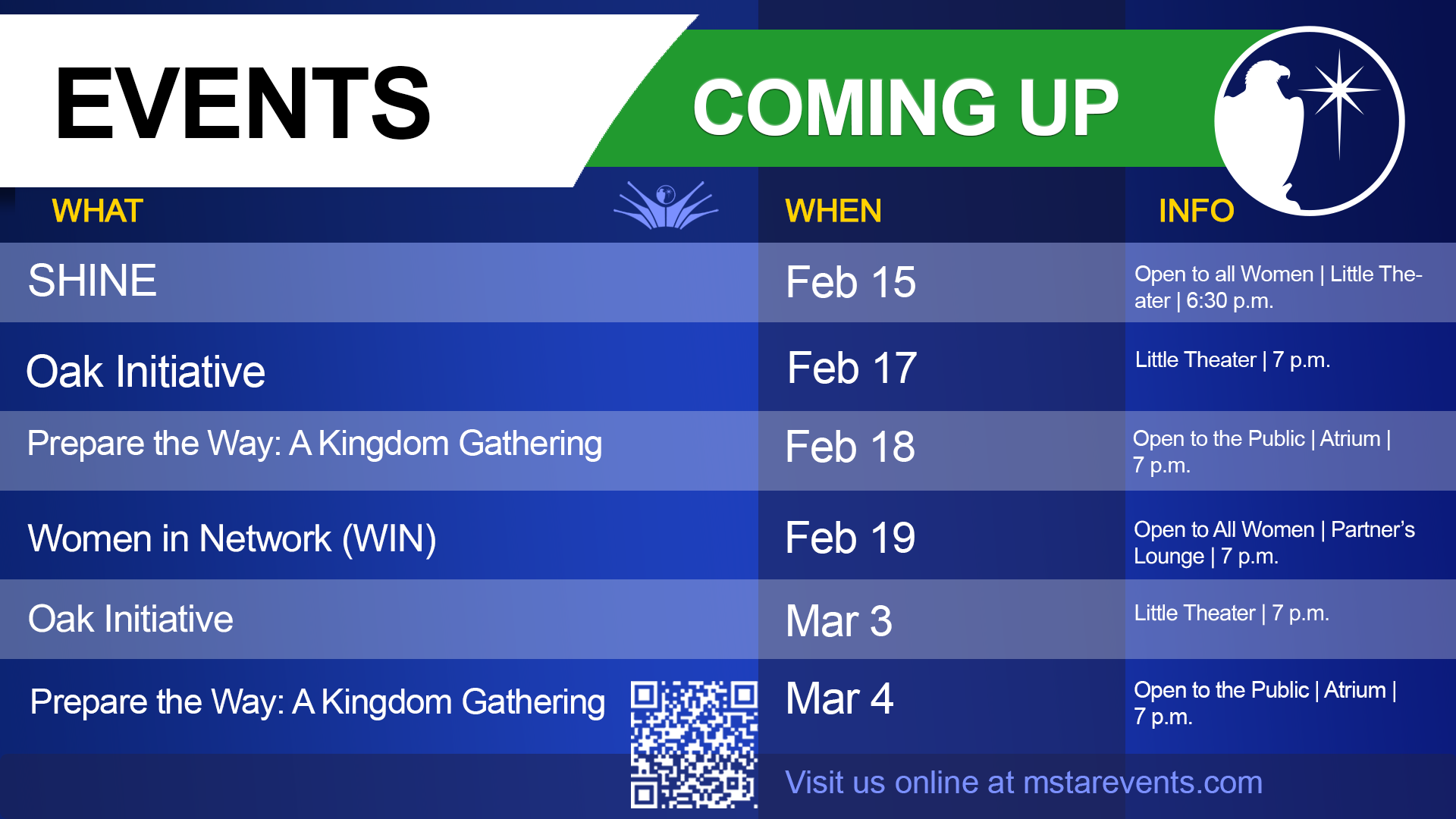Amazingly, right after Israel absorbed the lessons from Achan's sin and their initial defeat at Ai, the next main event in the conquest of the Promised Land was their deception by the Gibeonites. This, too, was the result of presumption on the part of Israel's leaders. Indeed, presumption is a difficult habit to break.
As we read in Joshua 9, when the Gibeonites saw what Israel had done to Ai, they decided to act craftily and deceive Israel in order to spare themselves. They sent envoys to Joshua to make a covenant with Israel. They took old wineskins and stale bread, but they claimed that the wineskins were new and the bread fresh when they left their homes, indicating that they had come from "a far country." But Israel was still concerned that they might live near them. However, it says that they looked at these provisions, "...and did not ask for the counsel of the Lord," (see Joshua 9:14) and so made a covenant with them. They soon learned that they had been fooled and that the Gibeonites actually lived very close by, right in the middle of their land. However, because of their covenant, they could do nothing about it.
Of course no one could blame the Gibeonites for this, but Israel now had a very serious problem. Israel had been commanded not to leave any of the inhabitants in the land because they would become a snare to them. They had now violated this basic command of the Lord because of their presumption in making a covenant with the Gibeonites without inquiring of the Lord first. This was a major presumption since they had a covenant with the Lord. Whatever covenant they made with someone would also obligate the Lord, and therefore should never have been done without His permission.
Since we are also a covenant people with the Lord, should this not also apply to us? Of course it does. This is why a Christian should never enter into a contract or covenant with anyone without first inquiring of the Lord. We bring many unnecessary troubles on ourselves by entering into agreements without consulting the Lord first. The Lord can obviously see things we cannot, and He will give us direction and counsel if we seek Him. To not do this is an affront to our covenant with Him.
The second great lesson from this incident with the Gibeonites is that when we begin to inherit our promises, watch out for those who come with stale bread and old wineskins. Of course, the stale bread speaks of teaching that is no longer fresh, and old wineskins are those who are so rigid and inflexible that they cannot contain the expanding, changing nature of the new wine of the Spirit.
As could be expected, right after Israel made the covenant with the Gibeonites, Gibeon was attacked and Israel had to fight their battle for them. Even though the Lord performed a great miracle for Joshua by causing the sun to stand still so that he could completely defeat the Amorites, it still did not mean that this was the best thing for Israel. The Lord "causes all things to work together for good to those who love God, who are called according to His purpose" (Romans 8:28) but that does not mean this is the best. We should not consider that just because something turns out well that it was the best thing. It was not right for Israel to have made that covenant, and it is not right for us to do this either, even though the Lord will still intervene on our side, making it turn out okay.
When you start to experience the victories and possess your promises, many will want to join with you, and they will want you to fight their battles for them. This can be a major diversion. Even though the Lord is with us and will always cause things to work out for good, this can lead us far from our own calling and purpose. Do not make any covenant or agreement with anyone without first inquiring of the Lord, especially with those who have stale bread and old wineskins.



